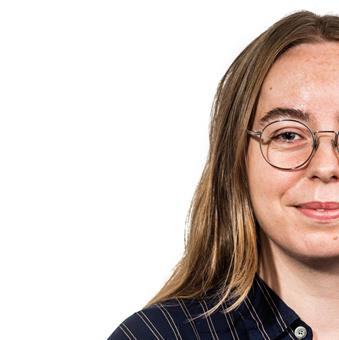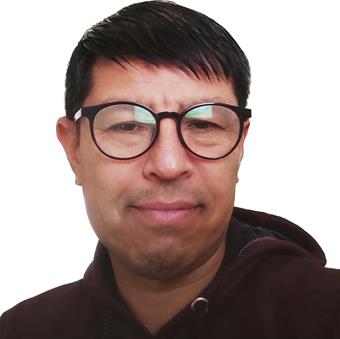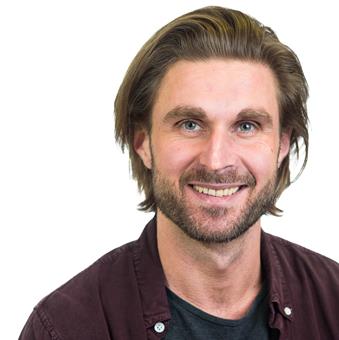To understand migration and ethnicity, REMESO's research synthesises economic, ecological, technological, social, and cultural dynamics.
We seek to explain how migration and displacement are caused by forces such as socioeconomic inequalities, precarious livelihoods, unfair labor conditions, climate change, and armed conflict. We examine how migration processes are met and managed by local, national, international, and geopolitical regimes of inclusion and exclusion.
REMESO’s research entails the study of our contemporary landscape of borders and border practices. Our research examines the precarisation of work and citizenship, the role of race and ethnicity in healthcare, schools, and urban segregation, and the effects of climate change, wars, and eroding state sovereignty on refugee movement and consequent transformations of the asylum system. Equally important, we study how borders are transformed by the strategies and know-how of migrants who seek access to welfare and rights.
REMESO investigates how regulation of migration is intertwined with discourses of difference and structures of discrimination related to nation, race, class, gender, and sexuality. We analyse the rise of right-wing populism and racism, and explore how everyday ideas, media discourses, cultural expressions, and the arts relate to ethnicity and nationalism.
REMESO also emphasises that research should embrace multiple perspectives and experiences, not least those of migrants and racialised groups. In many of our projects, we study the voices, agency and practices of migrant organisations and social movements.
Research concept
Migration and ethnicity require a transdisciplinary outlook and unorthodox methodological approaches. This recognition underlies our common theoretical platform: a dual critical commitment. This theoretical platform accommodates a broad multiplicity of methods, from quantitative sociology and economics to aesthetic analysis and history.
Read more about our five streams.
Would you like to know more?
Our research is interdisciplinary and collaborative. We work with both academic and societal actors – locally, nationally, and internationally. Welcome to explore our projects, take part in publications, or contact us for collaboration!







